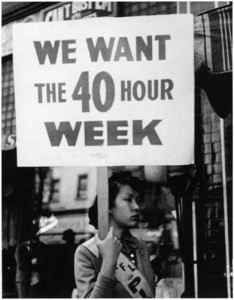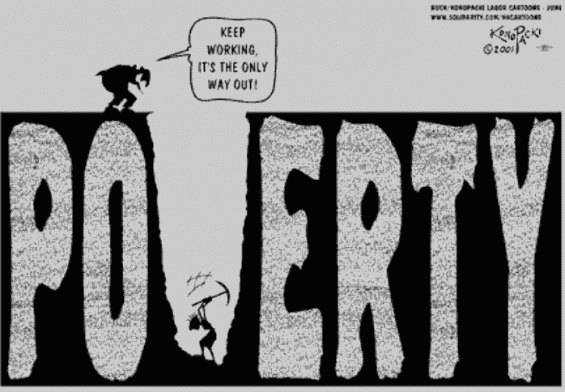 The Fair Labor Standards Act (FLSA) was set in place to help protect workers from being treated unfairly in the workplace as it pertains to pay practices and work regulations. It is a federal law which describes different regulations regarding commerce employment and it details things like requirements for overtime, setting limits on child labor and establishing minimum wage. The FLSA is very important and employers must be willing to abide by the various regulations for the ways in which they deal with their employees.
The Fair Labor Standards Act (FLSA) was set in place to help protect workers from being treated unfairly in the workplace as it pertains to pay practices and work regulations. It is a federal law which describes different regulations regarding commerce employment and it details things like requirements for overtime, setting limits on child labor and establishing minimum wage. The FLSA is very important and employers must be willing to abide by the various regulations for the ways in which they deal with their employees.
What does the FLSA Cover?
There are three main areas that the FLSA deals with: minimum wage and overtime, equal pay for men and women and child labor. Federal minimum wage is set at $7.25 per hour and overtime is time and a half. Overtime is only required for any hours over 40 that an individual works in a 7 day period. An employer and employee can make an agreement for pay less than minimum wage and that overtime is not going to be paid, but the agreement is void and it is not enforceable.
The Equal Pay Act states that individuals who can perform identical jobs at identical levels of experience, skill and responsibility have to be paid the same amount regardless of their gender. Equal pay also includes the variety of benefits that may be available such as tuition assistance, paid leave and other similar benefits. Any time there are differences in pay they must be supported by business related factors and not based on any minority or gender characteristics.
Children who are younger than 14 years of age cannot have an employer. Teens who are 14 and 15 years of age can work but only in certain occupations and only during hours that do not conflict with school. They are also very limited in the number of hours they are permitted to work each week. Children who are 16 and 17 can work unlimited hours but not in hazardous occupations. Once an individual turns 18 they are considered to be an adult and child labor laws are no longer applicable.
What is not covered by the FLSA?
Various payroll practices and employee benefits are not required to be in place by any laws. For instance, paid breaks are not covered. Federal laws do not mandate that breaks be paid. However, coffee breaks are regarded to promote productivity and efficiency and are usually less than 20 minutes so most employers pay for coffee breaks. Lunch breaks on the other hand are not usually paid. FLSA does not require employers to pay for unusual hours like holidays or weekends. Some employers do pay double or triple time for working extra hours during these hard to fill time slots; but it is not required. Employers also do not have to pay shift differentials but do so because it is an incentive for workers to take less desirable hours. Raises are not required except when the government increases the federal minimum wage. However, once a raise is given it has to be withdrawn and it cannot be retroactive. When an employer makes a retroactive pay cut, they will always be in violation of the law. As a general rule, pensions and retirement plans are not requirements for employers.
What kind of records must be kept?
According to the FLSA an employer must keep certain records on their employees. They have to maintain the employee’s full name and SS number, address and birth date if the employee is under 19. They must also keep records of all the details that pertain to pay such as their rates, earnings for each week and the total number of hours worked each week.



